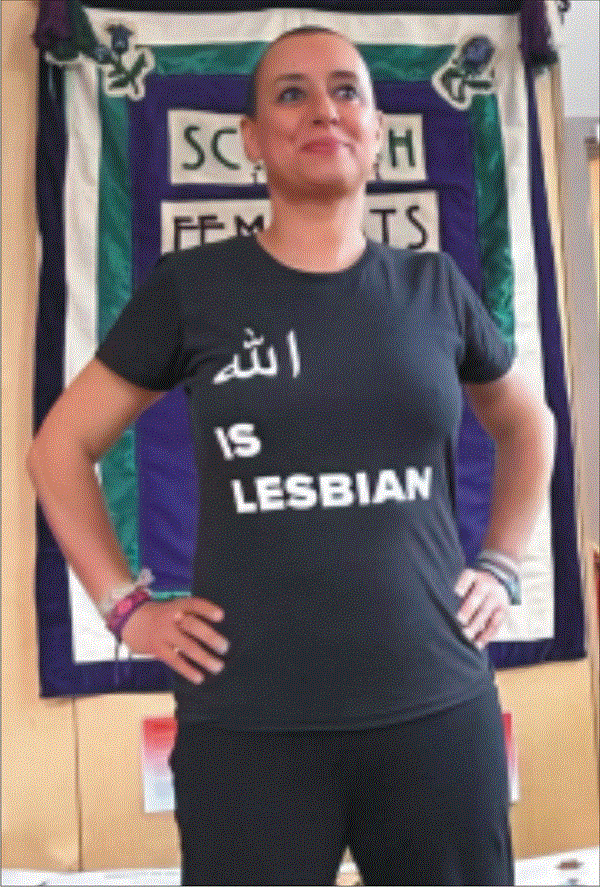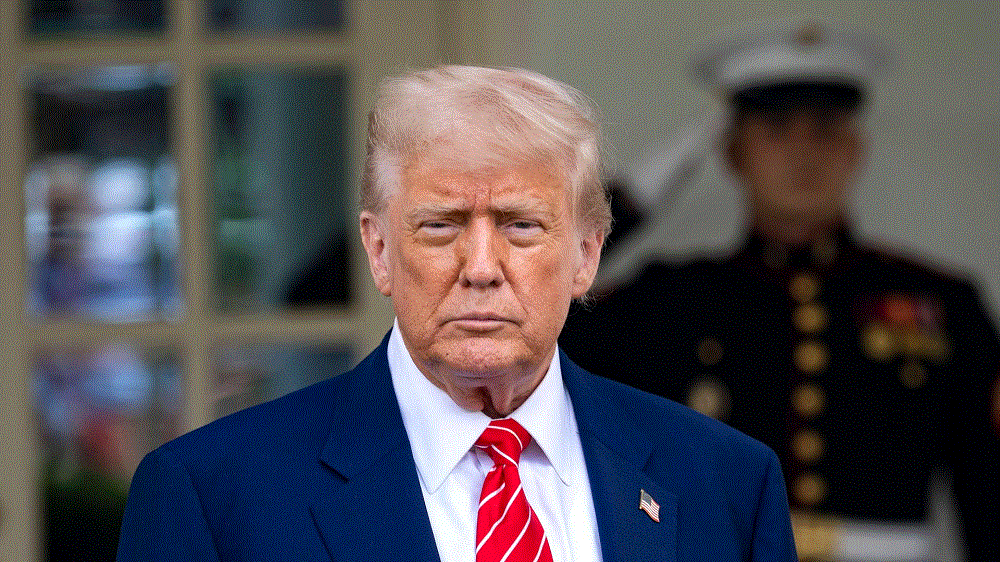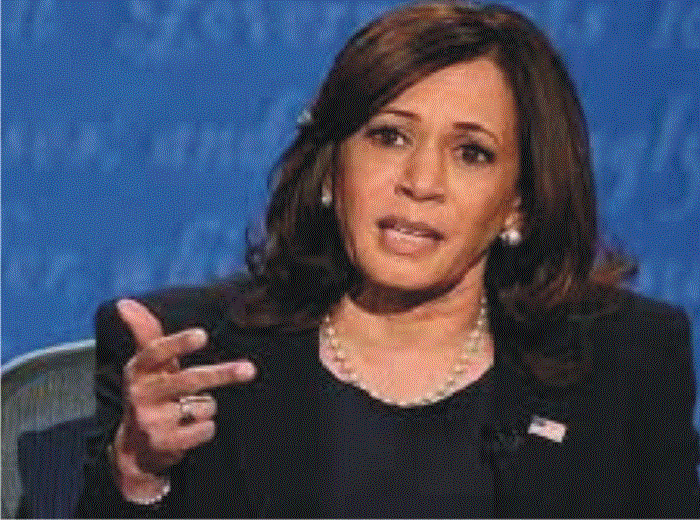South Sudan: Thousands receive food, Courtesy Of ADB, WFP
Thousands of people in South Sudan have received relief from a food security project which is addressing the nation’s severe food and nutrition needs.
The South Sudan Short-Term Regional Emergency Response Project (STRERP) was launched in December last year by the government with a $43.57 million grant from the African Development Bank (www.AfDB.org). The World Food Programme is implementing the project.
To date, WFP has succeeded in procuring 8,500 MT of food, representing about 85 percent of the planned food procurement under this project. Food has been delivered to over 175,000 beneficiaries – more than half of the project’s overall target.
“WFP, working closely with the Government, is doing a sterling job in delivering timely aid and allied assistance in the implementation of the STRERP project. We need to work even closer with community groups and leaders to maximize the coverage, impact and sustainability of the operations,” African Development Bank’s Country Manager for South Sudan, Benedict Kanu said.
As a result of STRERP, 432 retailers have been contracted to supply food to vulnerable and displaced households in Mingkaman (the capital of Awerial county in Lakes State), Bor (the capital of Jonglei State) and Wau (the capital for Wau State). These efforts have stimulated local markets, created business for traders and boosted the local economy. Furthermore, the positive developments are giving confidence to local populations that peace is on the horizon.
Moreover, the project has created an opportunity to assist people facing food insecurity in urban areas. As internally displaced persons (IDPs) return to cities, it has become challenging to meet the food needs of many. Thanks to STRERP, the Wau Urban Project has been launched to provide some 20,000 urban dwellers with food and water vouchers, while they receive training and capacity building on sanitation, health and nutrition, business skills, voluntary savings and loan association and gender/protection.
The project also plans to provide clean water that will continue even after the project closes in 2019. Starting in the second half of 2019, the Wau Urban Project will begin constructing new water facilities and rehabilitating existing ones.
About 6.17 million people in South Sudan were at risk of experiencing severe food insecurity in January 2019, according to a recent Integrated Food Security Phase Classification (IPC) report. The report indicated that 1.39 million people were in emergency and catastrophic situations, requiring urgent food assistance.




